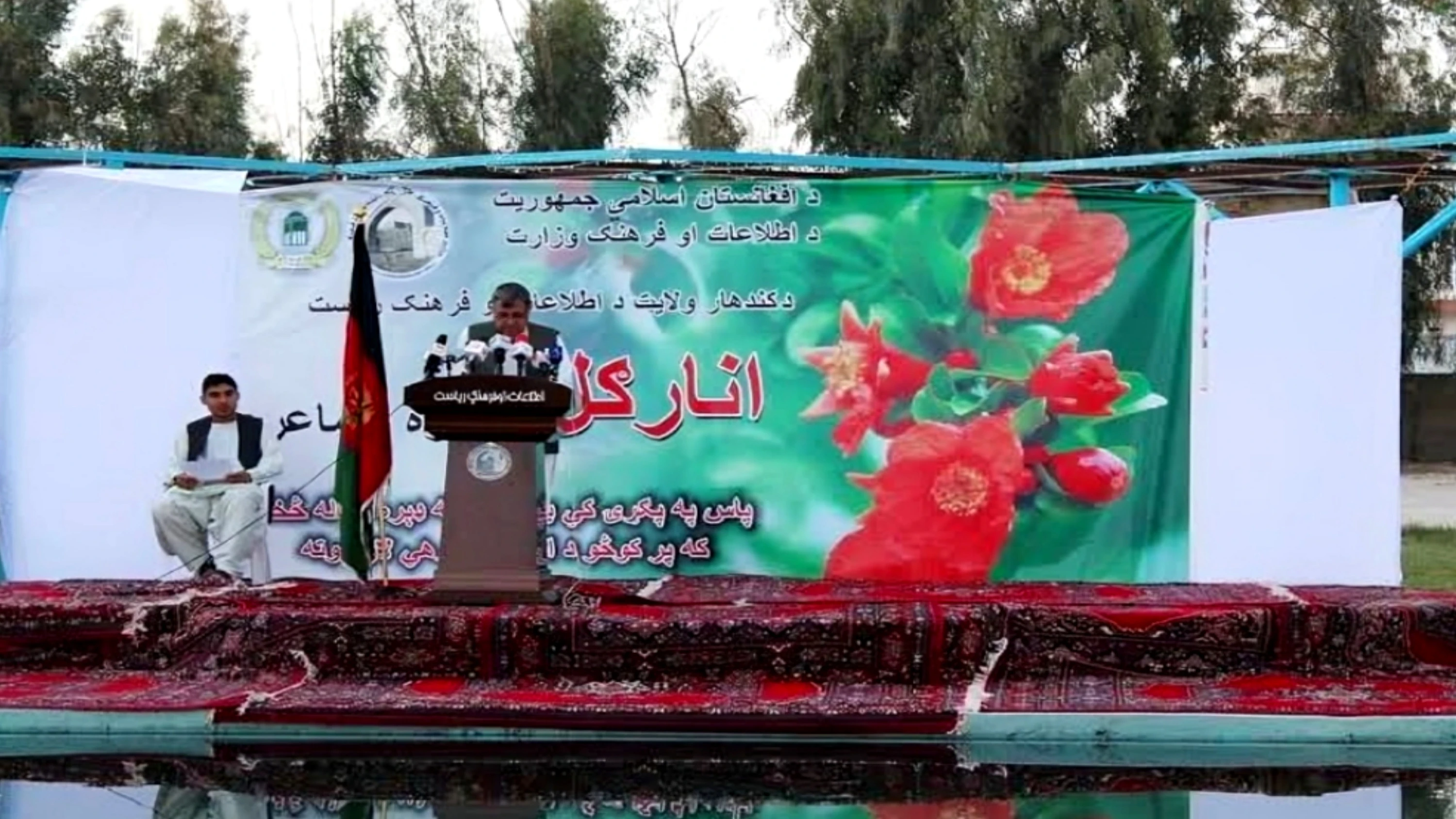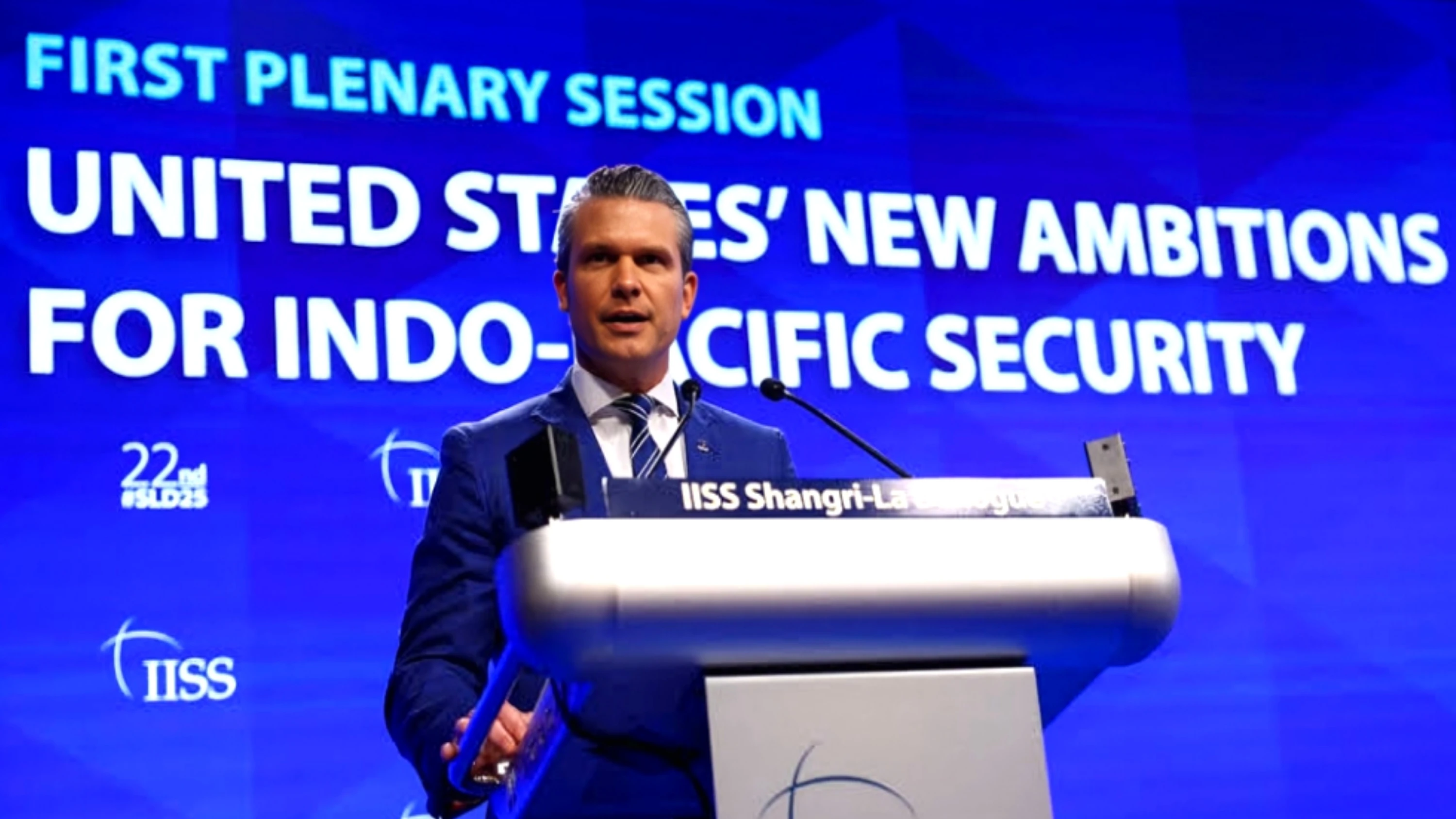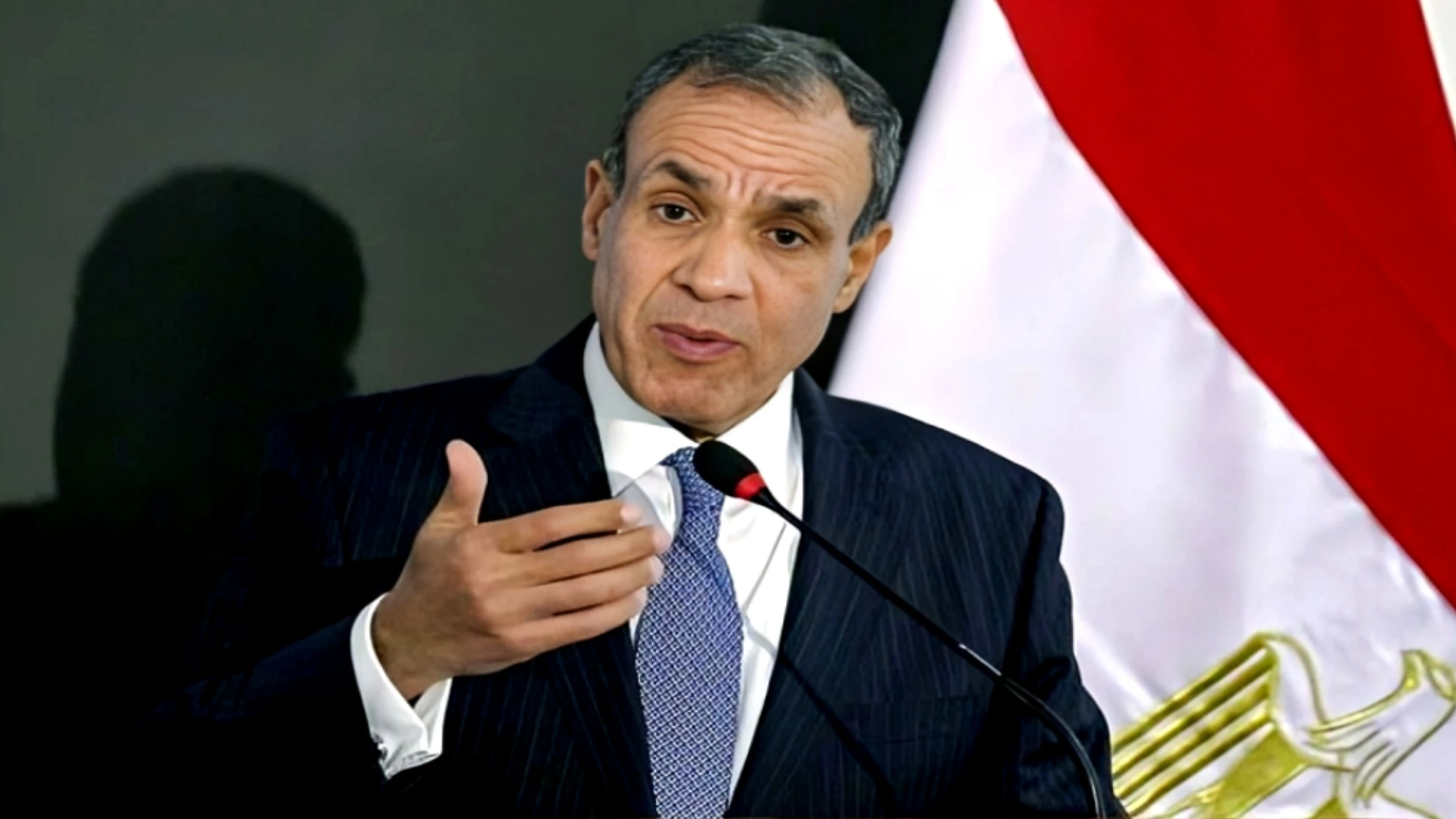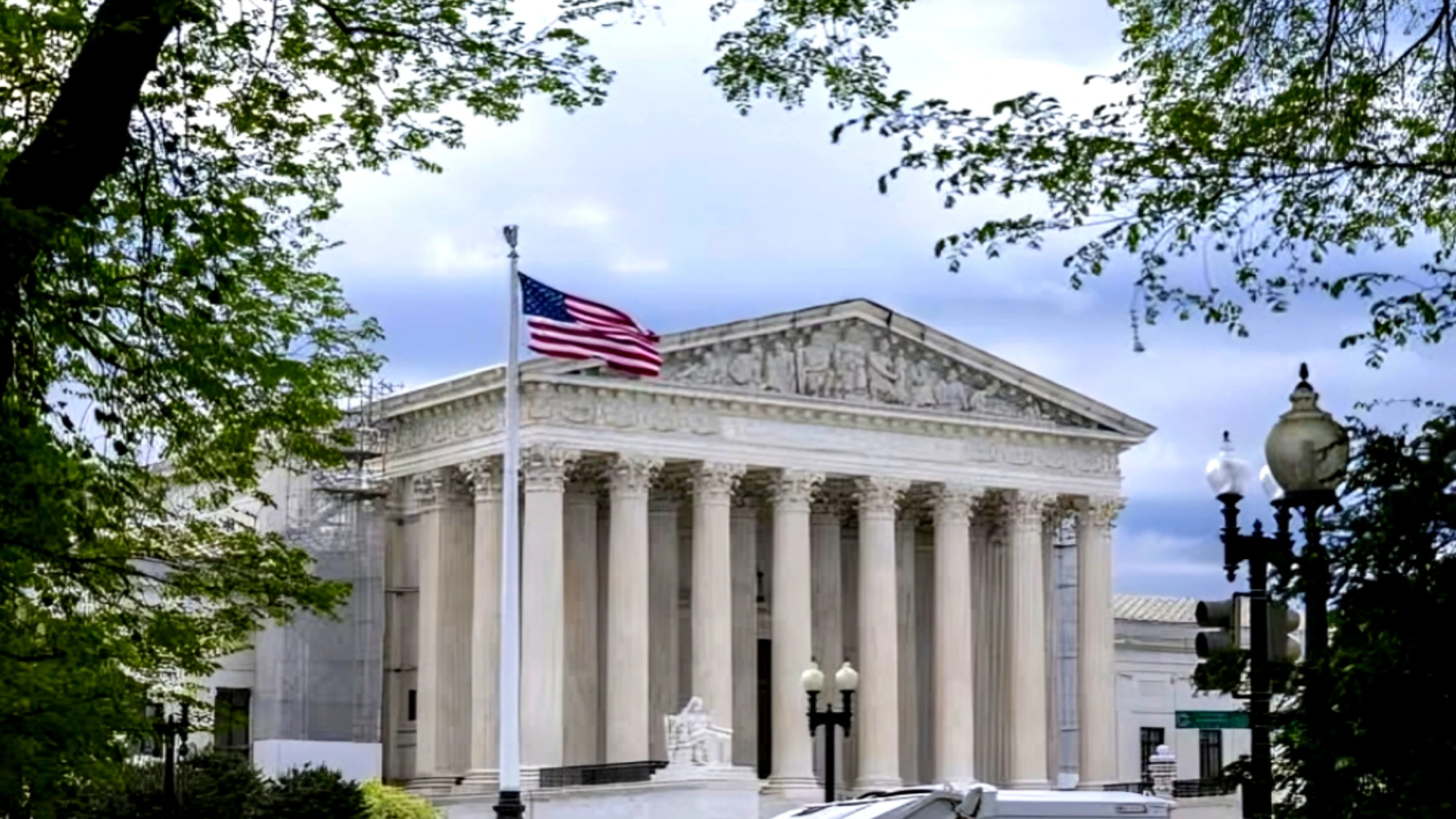Mexico City: A group of 14 current and former federal judges in Mexico has formally appealed to the Inter-American Commission on Human Rights, alleging that a recent constitutional reform of the country's judicial system has violated their human rights.
The judges, represented by the Cyrus R. Vance Center for International Justice, are calling for reparation and international attention to what they describe as a serious threat to judicial independence.
The reform, passed in September 2024, introduced sweeping changes by mandating that all judges—across all levels—be elected through popular vote, beginning with upcoming elections next month and continuing with a second round in 2027. Supporters, including President Claudia Sheinbaum’s administration, argue the move aims to combat judicial corruption and make the system more accountable to the public.
However, critics warn that such a change risks politicizing the judiciary and weakening its autonomy. They fear that opening judicial positions to electoral competition could subject judges to political pressures and influence from powerful interests, including criminal organizations.
While the Inter-American Commission, part of the Organization of American States, lacks the authority to overturn national laws, its decisions carry significant moral and political weight in the region. The petition emphasizes that although the reform appears neutral on its face, in practice it could enable external interference and undermine the balance of powers in Mexico.
“This is a critical moment to examine the implications of judicial reform for the rule of law, not only in Mexico but throughout Latin America,” said Jaime Chavez Alor of the Vance Center. He noted that the petition provides an opportunity for the regional human rights system to intervene on matters of judicial independence.
The Sheinbaum administration has yet to respond to the petition, but it has consistently defended the reform as a democratic measure aimed at restoring trust in the country’s legal system. Nonetheless, the controversy comes at a sensitive time, as Mexico faces increasing diplomatic strains with the United States over trade and governance issues.








